By: Dr. W. Scott West, Medical Director, Nashville NeuroCare Therapy
September is suicide prevention month.
When we make an effort to educate ourselves about issues around suicide and mental health, we can play a vital role in suicide prevention and transform the often stigmatized conversation around suicide.
According to the National Alliance on Mental Illness (NAMI):
- Suicide is the second leading cause of death in college students.
- More young adults die from suicide than from cancer, heart disease, AIDS, birth defects, stroke, pneumonia, influenza, and chronic lung disease combined.
- 7% of students have “seriously considered suicide” in the past year.
- 90% of those who commit suicide had an underlying mental health condition.
As you can see, suicidal thoughts are prevalent and can affect anyone regardless of age, gender, race, or class. Though suicidal thoughts might be common, that doesn’t mean they are normal. They are representative of deeper issues and deserve appropriate attention and care.
To help during a crisis and help prevent suicide, it’s important to be able to recognize the warning signs, behaviors, and risk factors. NAMI presents a comprehensive list of each that we’ve condensed here:
- Warning signs
- Talking about hopelessness, worthlessness, being a burden, feeling trapped, and or having no reason to live
- Losing motivation or losing interest in formerly enjoyed activities
- Actively withdrawing and isolating
- Seemingly sudden discrepancies in personality or behaviors
- Talking about death, not being here tomorrow, or not waking up
- Behaviors
- Stockpiling pills, purchasing a weapon, or other dangerous objects that could be used for harm
- Giving away possessions
- Self-harming behaviors
- Engaging in reckless behaviors
- Tying up loose ends, such as organizing personal papers or paying off debts
- Saying intentional goodbye to friends and family
- Risk Factors
- A family history of suicide
- Substance use— some drugs can worsen suicidal thoughts
- Intoxication— more than 1 in 3 people who die from suicide are under the influence of alcohol at the time of death
- Access to firearms
- A serious or chronic medical illness
- Gender— although more women attempt suicide than men, men are almost 4x more likely to die by suicide.
- A history of trauma or abuse
- Prolonged stress
- A recent tragedy or loss
Often, when presented with a suicide-related crisis, we don’t know how to respond. It can feel high-stakes and overwhelming. NAMI suggests that having a crisis plan in place can be helpful if such a situation does occur. Here’s what to include in a crisis plan for you or a loved one:
- Phone numbers for:
- Your / your loved one’s therapist or psychiatrist
- Your / your loved one’s other healthcare providers
- Family members and friends who would be helpful in a crisis
- Local crisis line number— you can typically find this number by getting in touch with your local NAMI Affiliate or by doing an internet search for “mental health crisis services” and the name of your county
- The National Suicide Prevention Lifeline: 1-800-273-TALK (8255)
- Addresses of:
- Walk-in crisis centers
- Emergency rooms
- Your / your loved one’s diagnosis and medications
- History of previous psychosis or suicide attempts
- History of drug use
- List of your / your loved one’s triggers
- List of things that have helped in the past crises
Review this plan with your loved one, and, if they are comfortable, with their doctors as well. Store the plan in places that are easy to access, like a kitchen drawer, your car’s glove department, on your phone, on your bedside table, or in a purse or wallet. It’s also a good rule of thumb to have a copy in each room of your home that has a lock.
Remember the statistic at the beginning of this article that 90% of people who die by suicide have an underlying mental illness? According to Louise Brådvik, a researcher at Lund University, “Most suicides are related to psychiatric disease, with depression, substance use disorders and psychosis being the most relevant risk factors.” Untreated or unmanaged depression offers a salient risk to suicidal thoughts and behavior.
To prevent suicide in individuals with depression, it’s essential to treat the underlying mental illness. If medication isn’t working for you or is actually intensifying suicidal thoughts, the American Psychiatric Association (APA) recommends Transcranial Magnetic Stimulation (TMS) Therapy as an alternative treatment for clinical depression.
At Nashville Neurocare Therapy, TMS Therapy is our specialty. In depressed brains, the centers that control mood regulation aren’t as active as in neurotypical brains. Transcranial Magnetic Stimulation (TMS) Therapy uses magnetic-pulse technology to wake up these centers in your brain and build and strengthen new neural networks. This offers real, lasting relief from depression in as little as six weeks. And, the best part is that TMS Therapy is comfortable, safe, and has no adverse side effects commonly associated with antidepressant medications.
If you or someone you love has been struggling with suicidal thoughts and is searching for a new treatment path for their depression, TMS Therapy is more than worth a try. There is hope. Contact our office to book a free TMS Therapy screening today.


